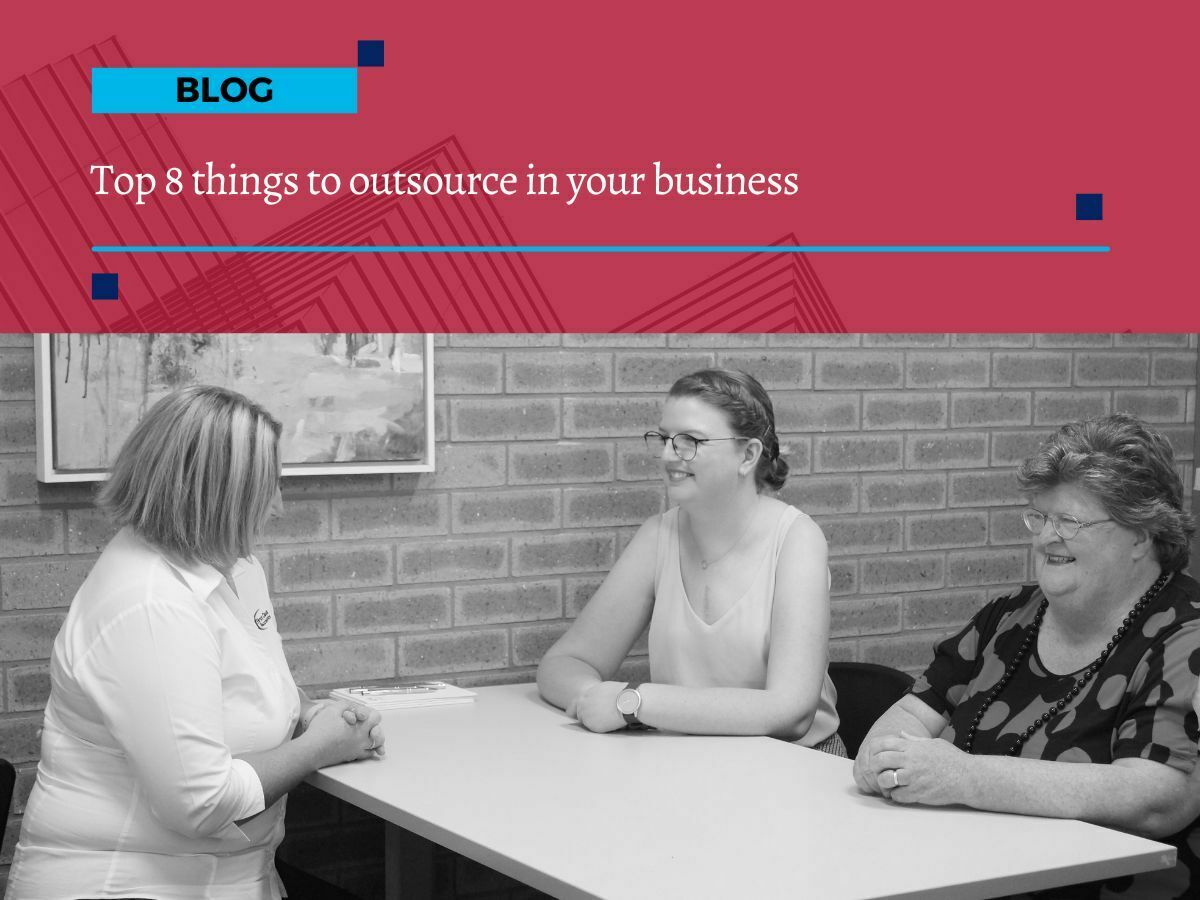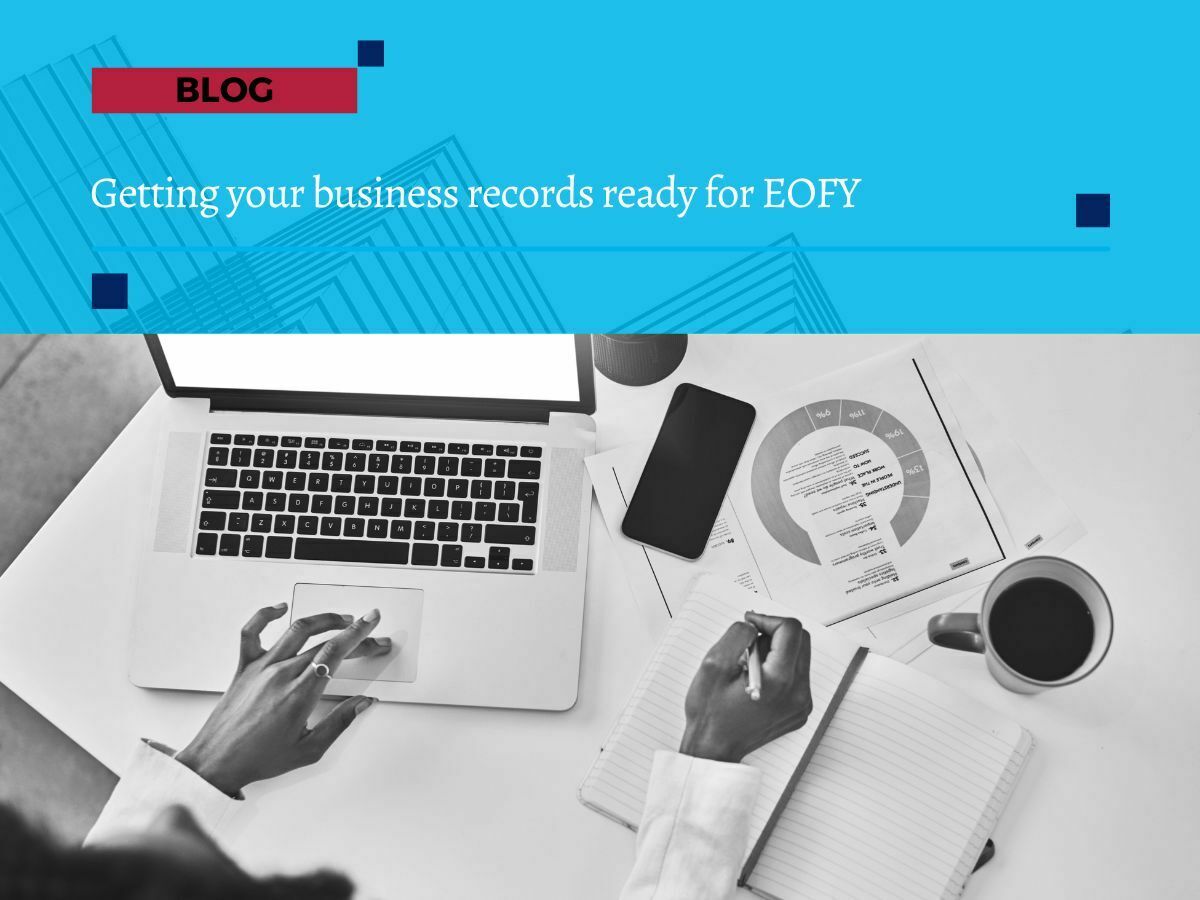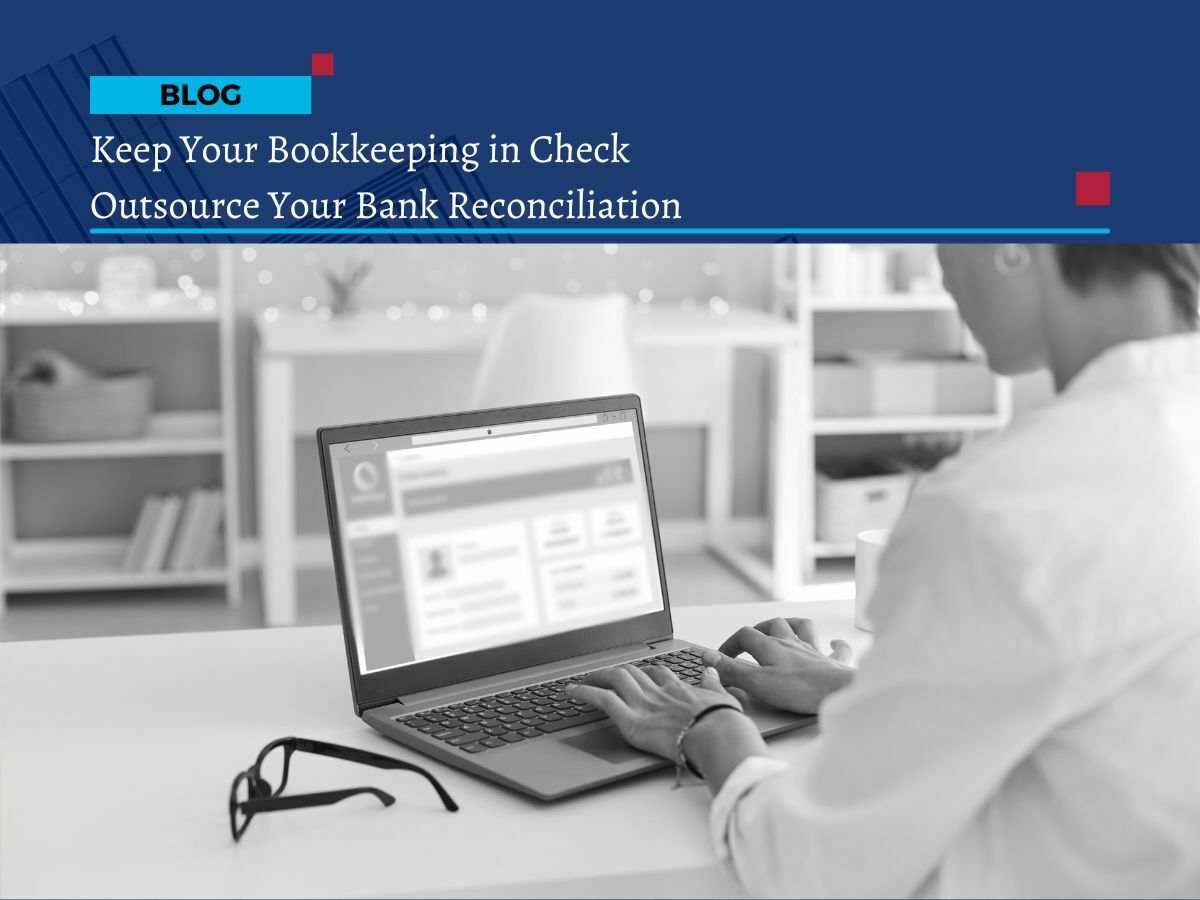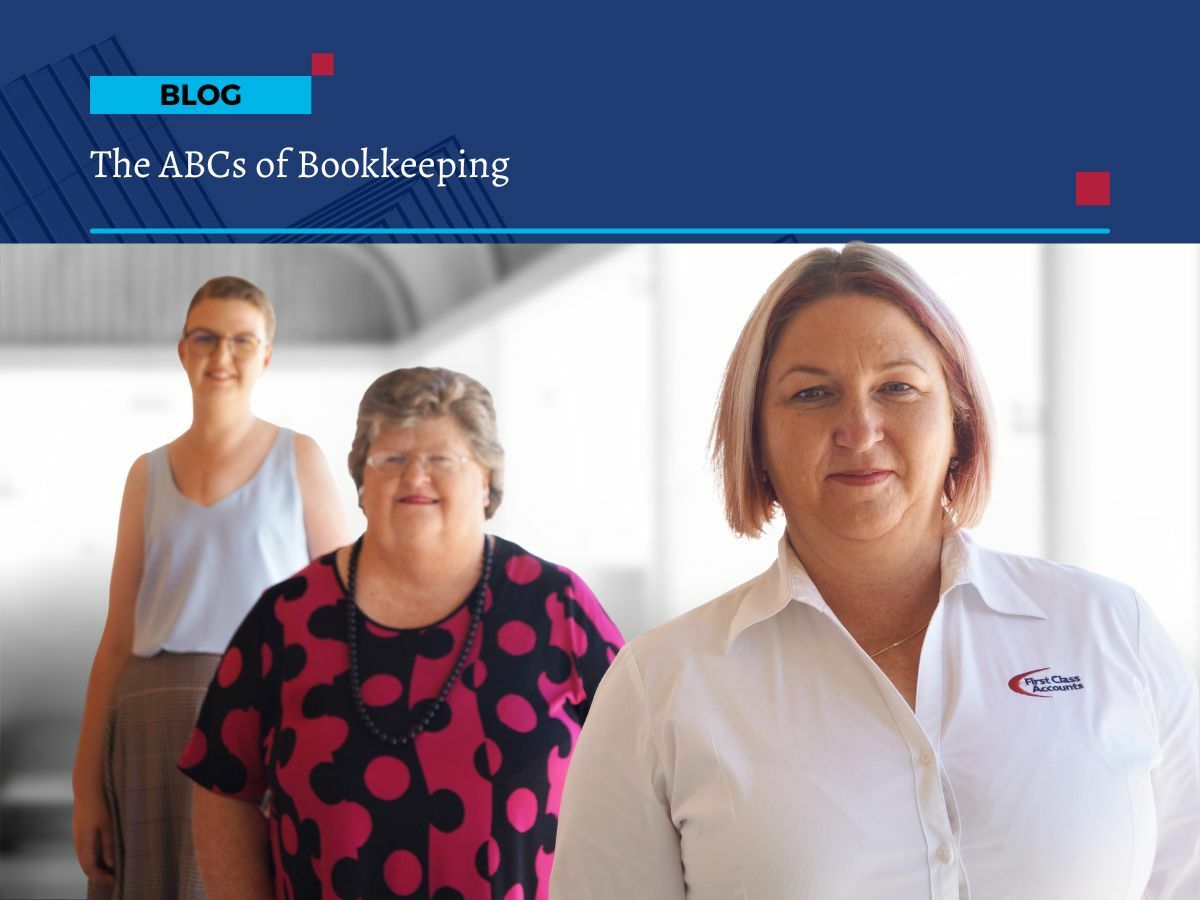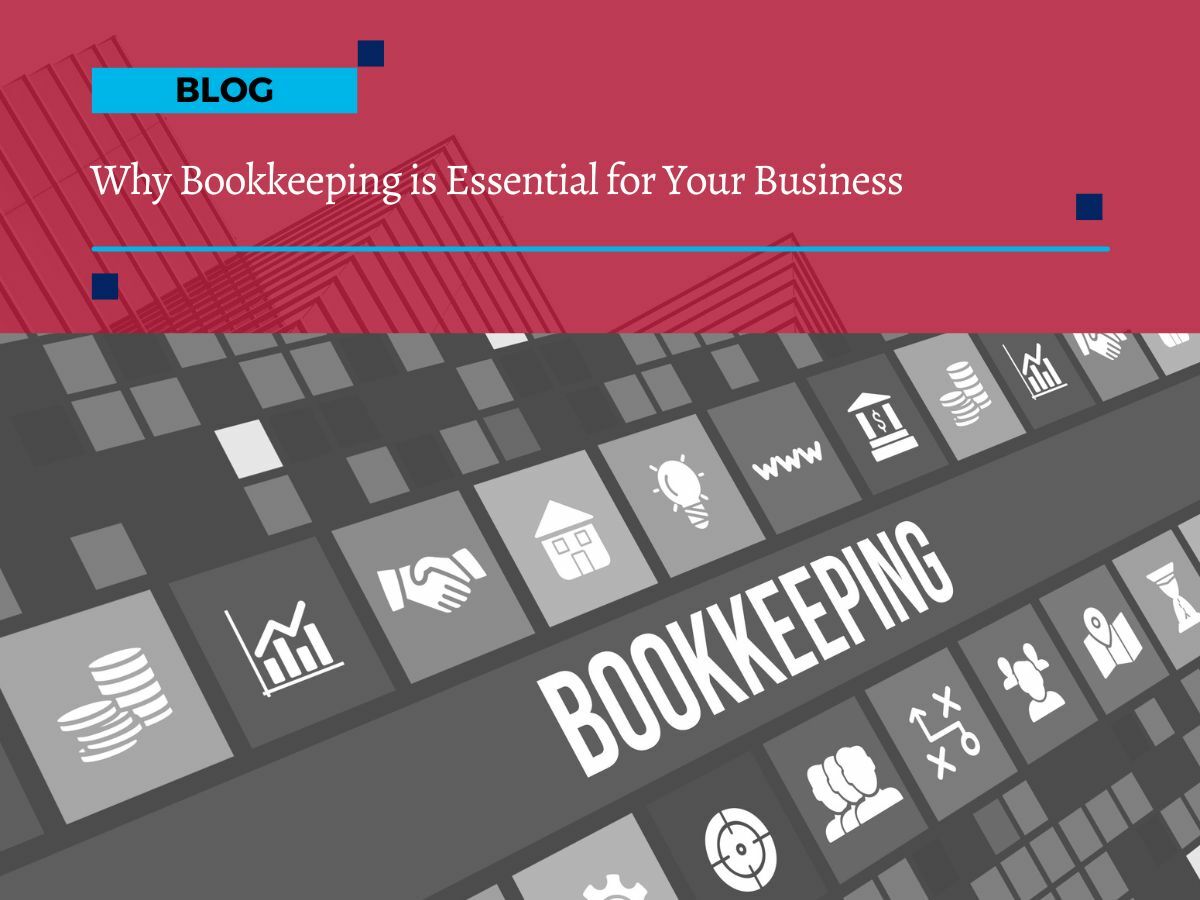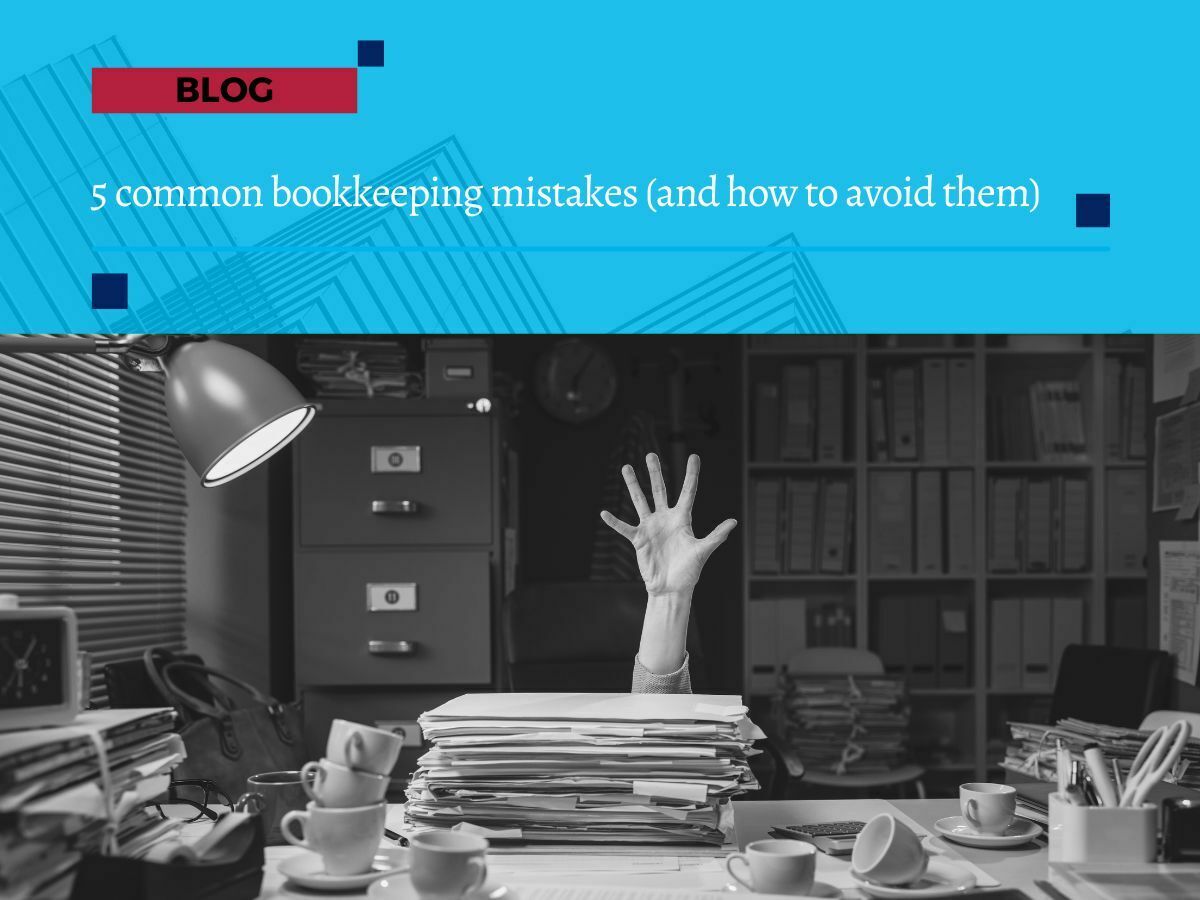
5 common bookkeeping mistakes (and how to avoid them)
5 common bookkeeping mistakes (and how to avoid them)
Are you making any of these common bookkeeping mistakes? Starting a business can be a challenging experience, especially when it comes to managing your numbers and staying on top of your financial management.
Unless you’ve got some experience in finance, the bookkeeping and accounting requirements can be quite daunting. And even with today’s helpful cloud accounting platforms and fintech apps, there’s always the possibility of making a simple accounting mistake.
So, what are the most common bookkeeping mistakes made by business owners? And what can you do to avoid these pitfalls and keep your finances looking healthy and shipshape?
The top five mistakes to avoid
‘Doing the books’ is unlikely to be your favourite part of running a small business. But the better your accounting and bookkeeping know-how and skills, the more oversight you have over the financial path (and future success) of your company. It really is that simple.
But there are plenty of traps that a newbie owner can fall into – and even a few hurdles that the more experienced business owner may trip over from time to time.
Let’s take a look at the five most common bookkeeping mistakes.
1. Mixing your personal and business finances
When you don’t separate your personal and business transactions, this blurs the lines and makes it difficult to track your income and expenses accurately. It can also lead to personal spending being counted as business deductions, causing tax issues later on.
Solution: Open separate business and personal bank accounts and keep them entirely separate and distinct.
2. Skipping the record-keeping process
If you fail to keep receipts, log your invoices and keep proper records this can be a major problem further down the road. Detailed records are crucial for tax filing, budgeting and identifying spending trends.
Solution: Keep digital copies of all receipts and be sure to keep your bookkeeping up to date and well-managed.
3. Miscategorising your expenses
Throwing all your expenses under ‘miscellaneous’ makes it far harder to analyse your spending and cashflow. With every item of expenditure logged under a specific code from your Chart of Accounts, you can quickly run reports, review your spending and look at ways to improve budgets and cashflow.
Solution: Categorise your expenses properly (rent, marketing, supplies etc.) to understand where your money goes.
4. Winging it when filing your taxes
Taxation is complicated and it’s easy to make costly mistakes if you’re not prepared and organised. Don't wait until tax season to sort everything out and make sure you’re aware of all your business tax liabilities.
Solution: Set aside funds for taxes throughout the year, and consider consulting an accountant or tax adviser to ensure you're filing correctly and taking advantage of all potential government deductions and tax incentives.
5. Failing to get proper accounting advice
If managing your finances becomes overwhelming, don't be a hero. Cloud accounting software can automate some of the key tasks, and a bookkeeper can handle day-to-day record-keeping.
Solution: Think about outsourcing and partnering with an experienced accounting firm to get real peace of mind and improved financial management.
Talk to us about outsourcing your key bookkeeping tasks.
You didn’t start your business to spend hours working on your bookkeeping and accounts. Why not outsource your key bookkeeping and tasks to us, and put those hours back into your business.
As your bookkeeping partner, we can:
- Show you how to clearly separate your personal and business finances
- Set up your bookkeeping to be as streamlined, automated and efficient as possible
- Show you the best software tools and processes for managing your expenses
- Become your BAS agent
- Provide reporting, management information and advice to guide your decision-making


